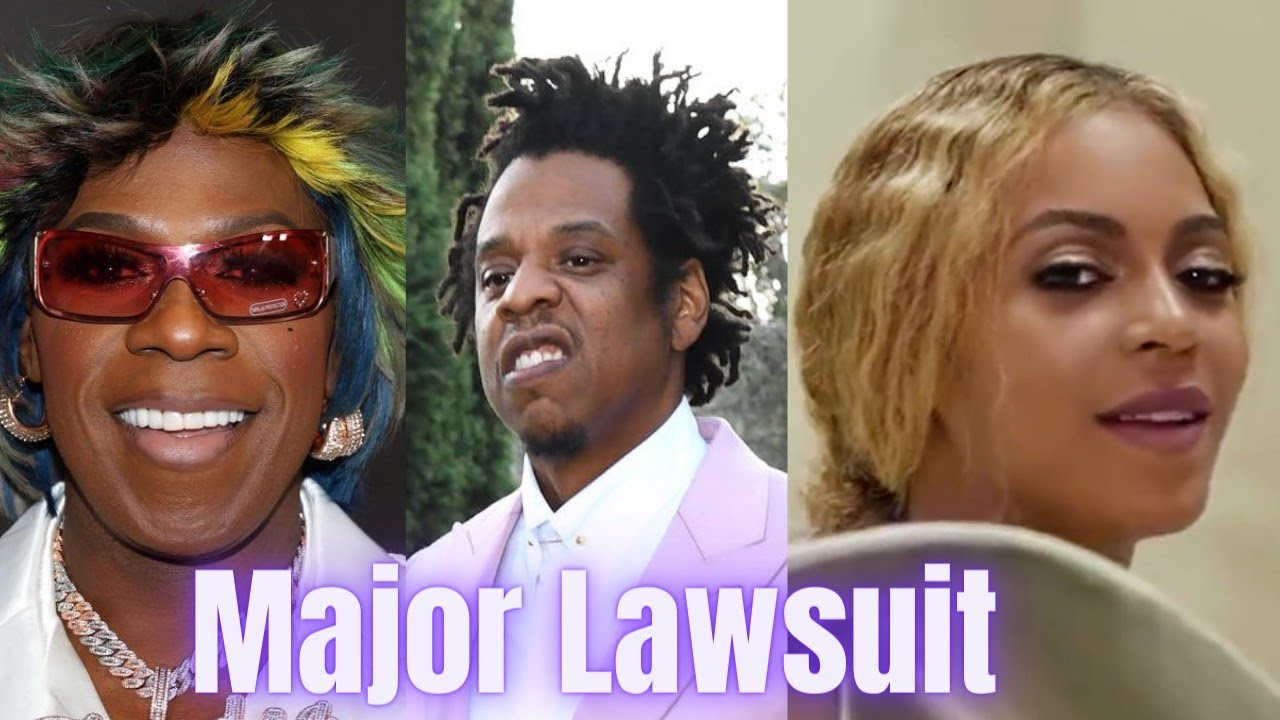In this video, we dive into a major lawsuit filed against Jay-Z, Beyoncé, and Big Freedia for alleged copyright infringement and unfair trade practices. This case has stirred up quite a buzz in the music industry, and we’ll break down the details to understand its potential impact on everyone involved.
The Lawsuit’s Origins
The lawsuit, brought in the Eastern District of Louisiana, centers around the phrase “release a wiggle.” The plaintiffs, a group of musicians from New Orleans known as the Show Stoppers, claim that Big Freedia used this phrase without permission in her 2014 single “Explode.” This song was later sampled by Beyoncé in her 2022 album “Renaissance.”
The Show Stoppers’ Claim
The Show Stoppers, consisting of Tessa AI, Pivo BGus, Henry Brads, and Brian Clark, originally recorded “Release a Wiggle” in 2002. They released it on a mixtape through Black House Entertainment, and it became popular in local New Orleans clubs, gaining a significant following.
To the plaintiffs, “release a wiggle” is more than just a catchy phrase—it’s a vital part of their artistic and cultural identity. They argue that Big Freedia and producer Adam Pigot (aka Black N Mild) knew of their original song through their connections with Black House Entertainment.
Ethical and Legal Questions
This case highlights critical issues about the ethical use of artistic material and intellectual property in the music industry. It underscores the responsibilities artists and producers have to respect and acknowledge the creative work of others.
Jay-Z’s Involvement
The lawsuit also names Jay-Z as a defendant, adding another layer of complexity. Jay-Z, credited as a writer and producer on Beyoncé’s song “Break My Soul,” which sampled “Explode,” is implicated in the alleged infringement. This situation illustrates the interconnected nature of the music industry and the legal challenges that can arise from collaborative works.
Broader Implications
This lawsuit emphasizes the importance of copyright protection and fair compensation for artists. It’s a reminder that intellectual property rights are crucial for musicians’ livelihoods and the integrity of their work. The outcome could set a significant precedent for handling similar disputes in the future, potentially shaping the legal landscape for music copyright cases.
Awaiting Responses
As of now, representatives for Beyoncé, Jay-Z, Big Freedia, and Black N Mild have not responded to the allegations. How they choose to address the lawsuit will be closely watched, given the case’s complexity and potential impact on all parties involved.
Conclusion
In summary, the lawsuit against Jay-Z, Beyoncé, and Big Freedia sheds light on the intricate issues of copyright infringement and unfair trade practices in the music industry. It raises essential questions about artistic integrity, intellectual property rights, and ethical practices in music production. The case’s outcome will likely have significant implications for artists, producers, and the broader music community, influencing future practices and legal standards in the industry.
